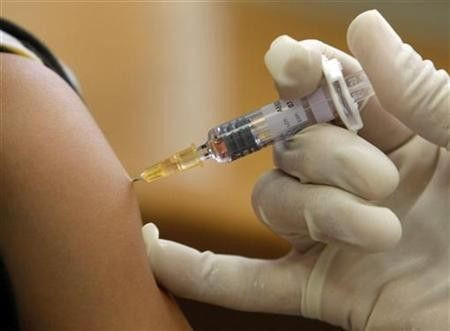Pros And Cons Of Vaccination For Children

Children are highly recommended to be vaccinated to prevent a variety of illnesses. The initial shot can be given to an infant as young as a few weeks old and will continue until adulthood. Here are the pros and cons of vaccination for children.
The Pros
1. It helps the immune system remember
Vaccination works by introducing a recognizable but defanged version of the usual pathogen that causes diseases, based on a report by Harvard Health Publications. After the immune system responds to the weakened pathogen, the memory T and B cells will prepare children for future encounters with the same pathogens. Therefore, the immune system will be able to block these immediately upon future recognition. The pros and cons of vaccination for children include mobilizing antibodies to prevent attacks on healthy cells.
2. Vaccination saves millions of children
Every year, about 2.5 million children's lives are saved by vaccines. Some diseases that used to cause widespread problems and panic in countries like diphtheria and polio have been completely eradicated in certain countries like the United States.
3. Significant drop in disease cases
In the United States, since the Hepatitis B vaccine was introduced, new cases of the diseases have been reduced by as much as 82 percent, mostly among children. Other diseases have also gone through big drops since vaccines were introduced such as pertussis, tuberculosis and mumps.
4. Death and disease prevention
Vaccines.com reported that the pros and cons of vaccination for children include the prevention of about 48,000 deaths and 20 million disease cases when every newborn is vaccinated on schedule. Furthermore, direct costs are reduced about $14 billion while society saves about $69 billion.
The Drawbacks
1. Allergic reaction
Some children react to MMR and Hepatitis B vaccine. However, the occurrence is quite rare with only one in every 1 million reporting to have allergic reactions to the shots.
2. Re-infection
Even though some countries might have previously been labeled as completely free of a certain disease due to vaccination, re-infection can still occur due to imported disease cases.
3. Repeat injections
Vaccination will require several visits to the doctor's clinics. Some vaccines will require booster doses, which can equate to higher costs and painful experiences especially among children. Those living in third-world countries are most concerned about the cost of vaccinations.
Know the pros and cons of vaccination for children and ensure that your child follows a rigid schedule.





















